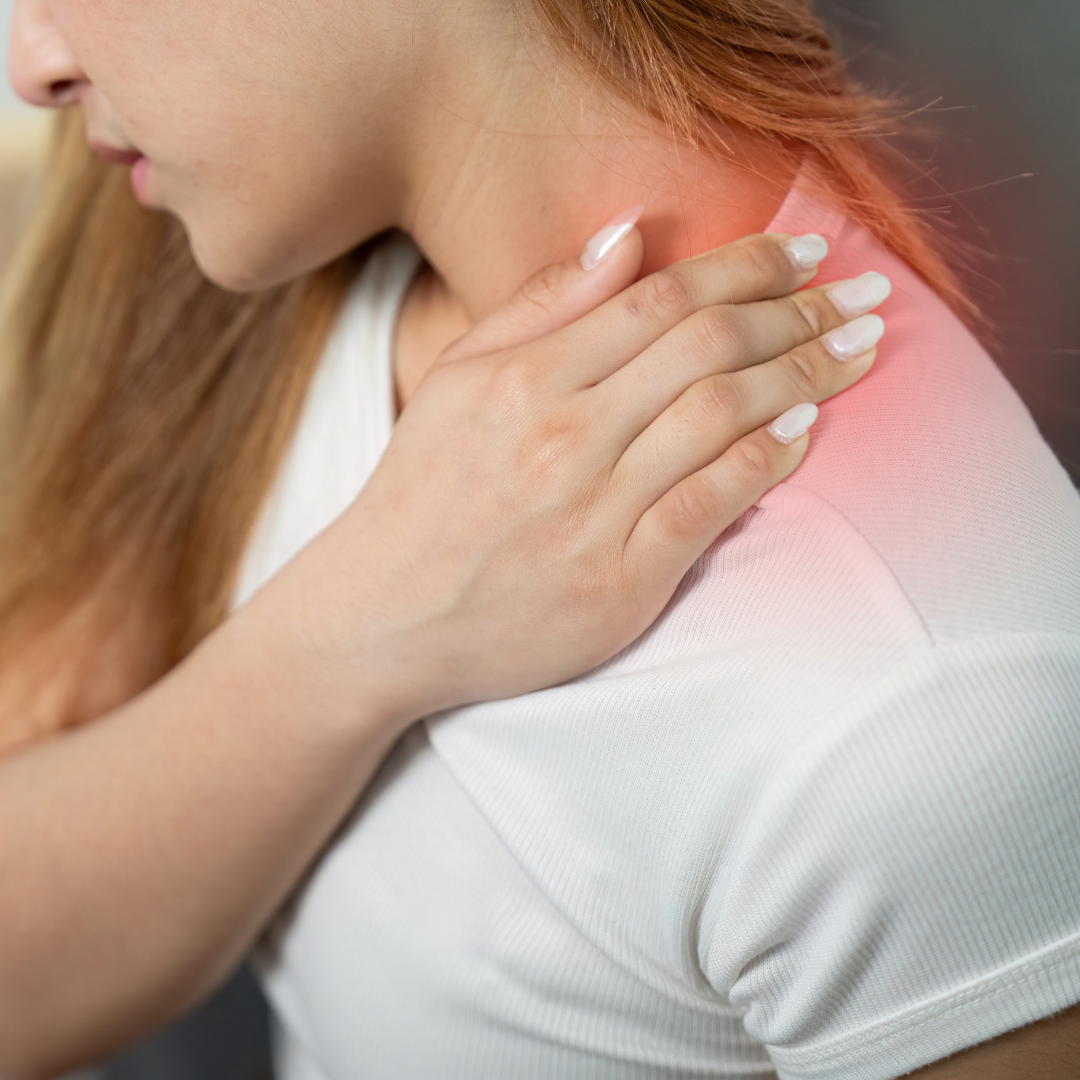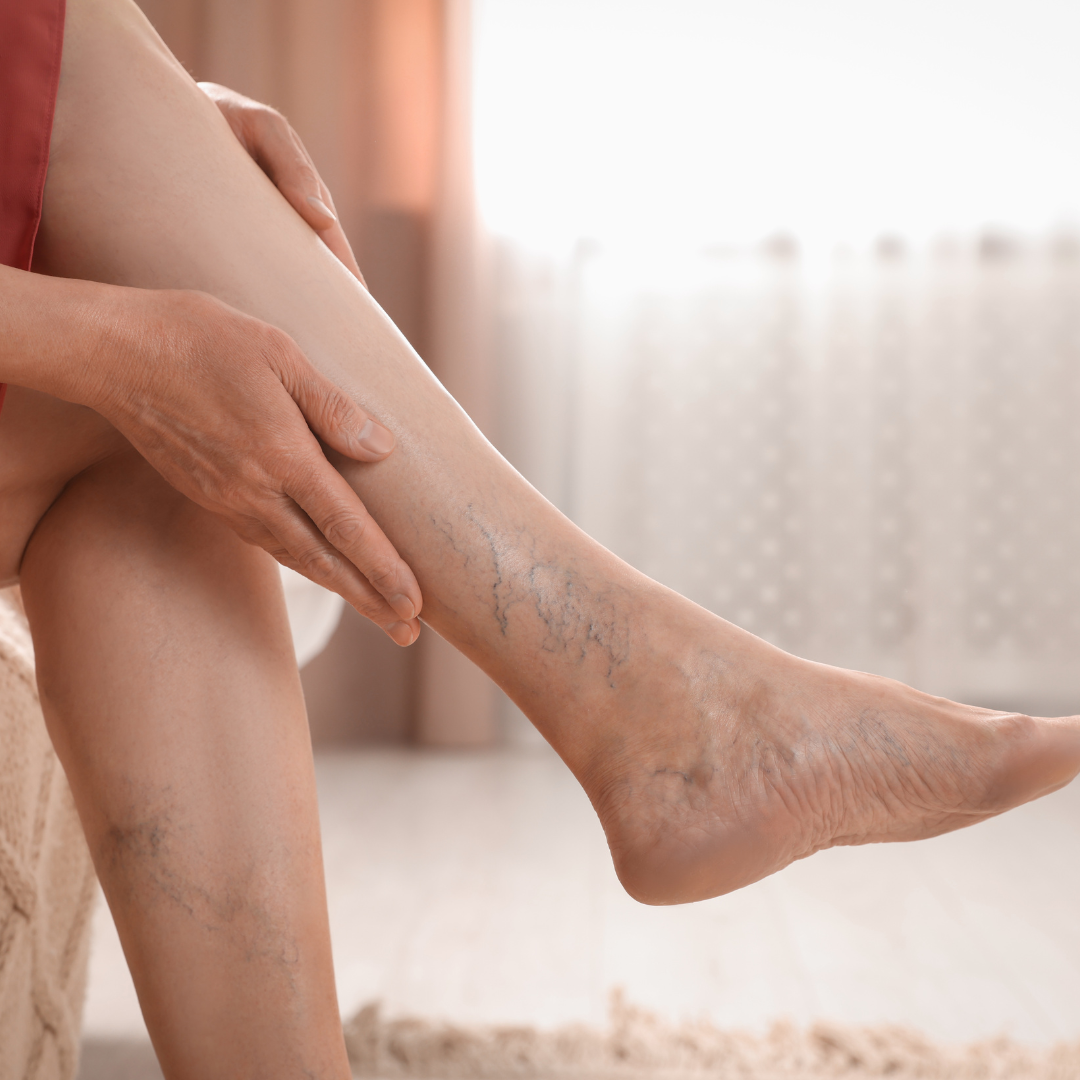March is National Endometriosis Awareness Month.
An estimated 1 in 10 women are affected by endometriosis in the United States. Could you be one of them?
What is endometriosis?
Endometriosis is a condition in which the tissue that normally lines the inside of the uterus spreads to other areas, like ovaries, fallopian tubes and other parts of the pelvis. It can be very painful, and, sometimes, can remain undetected for years. Awareness of the disease is growing, especially since celebrities with the condition have started to step forward--like Julianne Hough.
How can you tell if you have endometriosis?
Some common signs of endometriosis include:
- Painful periods
- Also known as dysmenorrhea, pelvic cramping and severe discomfort may last several days, and may include lower back and pelvic pain.
- Pain during intercourse
- Endometriosis can cause sex to be painful during and after.
- Pain with bowel movements or urination
- These symptoms usually coincide with your period.
- Excessive bleeding
- Heavy bleeding (also called menorrhagia) or bleeding between periods (menometrorrhagia) can be a sign of endometriosis.
- Infertility
- Sometimes women discover they have endometriosis when they seek treatment for infertility.
- Other symptoms
- Fatigue, diarrhea, constipation, bloating, nausea: all these can worsen during menstrual periods, and can signal endometriosis. Customize the look of your media by making it widescreen or small and easily align media inside your posts.

You’re concerned you may have endometriosis. So, when should you see your doctor?
If you experience the symptoms listed above, and you’re concerned, contact your doctor. It never hurts to schedule a consultation with your gynecologist to ask him or her questions. The sooner you can diagnose your condition, if you do have endometriosis, the sooner you can work on managing your symptoms.
Is endometriosis ever misdiagnosed as something else?
Yes, sometimes endometriosis symptoms can mimic other conditions, like:
- Pelvic Inflammatory Disease (PID)
- Ovarian cysts
- Irritable Bowel Syndrome (IBS)
- Sometimes IBS can accompany endometriosis.
So, how is endometriosis diagnosed?
There are a number of exams your gynecologist may perform to check for endometriosis:Pelvic exam
- Your doctor will feel for obvious signs of scar tissue formation in and around the organs in your pelvis.
- Ultrasound
- Ultrasound can help identify cysts associated with endometriosis.
- Magnetic Resonance Imaging (MRI)
- This detailed medical imaging technique can help further identify problem areas and help your doctor determine a course of treatment.
- Laparoscopy
- Minimally invasive, laparoscopy is a way for your doctor to take tissue samples for testing, or insert a tiny camera to find (and, in some cases, remove right then) cysts.
What are some ways you can take care of yourself?
- Eat well! Here are some nutritional tips to help you with self-care if you have endometriosis:
- Increase Omega-3 fats (like fish and flaxseed.)
- Decrease trans fats (like fried foods and margarine.)
- Eat less red meat.
- Eat more fruits and veggies (did somebody say smoothie?)
- Drink less alcohol and caffeine.
- Try going gluten-free; some studies show a gluten-free diet helps with endometriosis symptoms.
- Exercise regularly! It will improve circulation, getting essential nutrients and oxygen to all your organs--including your pelvic organs. Some studies show that exercising can even reduce the likelihood of women ever developing endometriosis in the first place. Plus, exercising releases endorphins, which helps your stress levels AND pain levels go down.
- Stretching and yoga can help, too. Basically, moving your body will help!
- Reduce stress! Stress is linked to worse endometriosis symptoms, so you owe it to your body to try meditation, yoga, and other forms of self-care.
- Try alternative therapies. Some people find relief with acupuncture and massage.
What are some typical treatments for endometriosis?
There are lots of ways to treat endometriosis, from conservative (like our suggested self-care options) to more aggressive, such as surgery. Which treatments you have depend on the severity of your case, whether you are trying to become pregnant and what your doctor recommends.Some common treatment options include:
- Hormone treatments, such as birth control or other hormone therapies
- OTC medications for pain management
- Fertility treatment
- Surgery, such as hysterectomy (for more severe cases)
Endometriosis is manageable, especially if it’s detected early enough. If you’re experiencing worse than typical symptoms during your menstrual cycle, ask your doctor about it.




